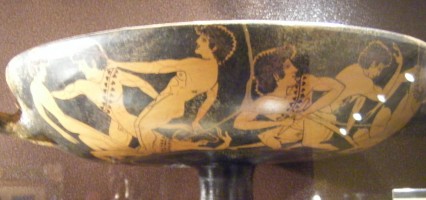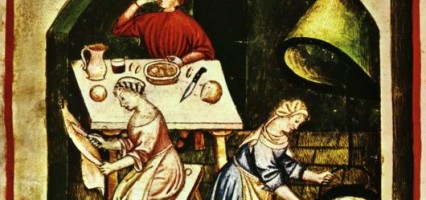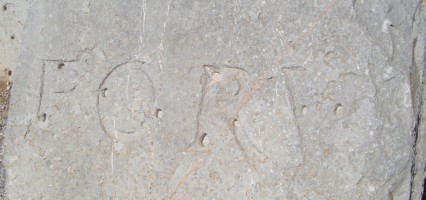Herodotus, the Father of History or Blogging?
Herodotus, The Father of History or Blogging? Herodotus was a Greek historian that has been acknowledged as the Father of History ever since antiquity. Of course, the title does not reflect accurately the state of historical studies at the time, since other similar historians preceded him. The fact is the Herodotus was the first write to use prose in order to describe lengthy events; The Greek-Persian Wars. He was born in Halicarnassus, modern Bodrum in Turkey, in the early 5th century BC. The c... »







